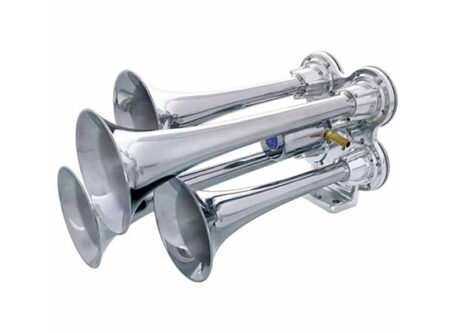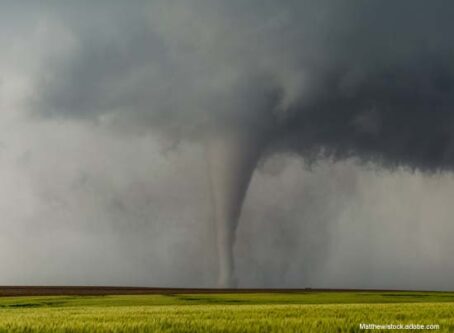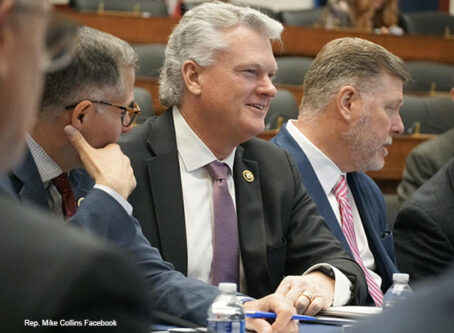FMCSA grants ELD exemption to Motion Picture Association
More than a year after provisionally granting an ELD exemption to the Motion Picture Association, FMCSA has finalized the approval.
In a notice published in the Federal Register on Thursday, Feb. 15, the Federal Motor Carrier Safety Administration announced its final decision.
The exemption means that all commercial motor vehicle drivers providing transportation to or from a theatrical or television motion picture production site are allowed to complete paper logs instead of using an electronic logging device to record their hours of service.
FMCSA granted a provisional renewal of the exemption in November 2022. The exemption took effect in January 2023 and runs through Jan. 19, 2028.
According to the notice, the exemption affects about 8,300 commercial motor vehicle drivers who work at least part-time for the motion picture industry.
The Motion Picture Association has said that on average, its drivers spend two hours driving each day, totaling about 40 miles per day.
“MPA explained that the industry’s success in hours-of-service management is based on a system that is driver-based, rather than vehicle-based,” FMCSA wrote in the notice. “Each time a driver operates a commercial motor vehicle for a different studio or production company, the motor carrier and driver must reconcile the driver’s hours-of-service record for the past week.”
Additionally, the Motion Picture Association has noted that its drivers are required to submit their record-of-duty status information within 24 hours, instead of the 13-day period typically allowed. The logs also are reviewed by third-party auditing companies.
Most commercial motor vehicle drivers were mandated to use ELDs beginning in December 2017.
FMCSA first granted the Motion Picture Association an exemption in 2018. The exemption then was provisionally renewed in November 2022, but the public was allowed to comment.
FMCSA said it received four comments on the Motion Picture Association’s exemption, and none of the feedback swayed the agency to change the decision.
“After reviewing the four comments submitted to the docket … the agency believes that drivers who qualify for the exemption likely will maintain a level of safety that is equivalent to, or greater than, the level of safety that would be achieved by complying with the ELD requirements,” FMCSA wrote. LL









